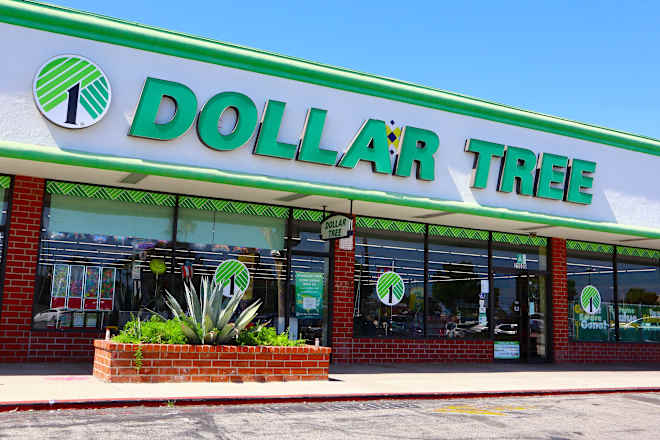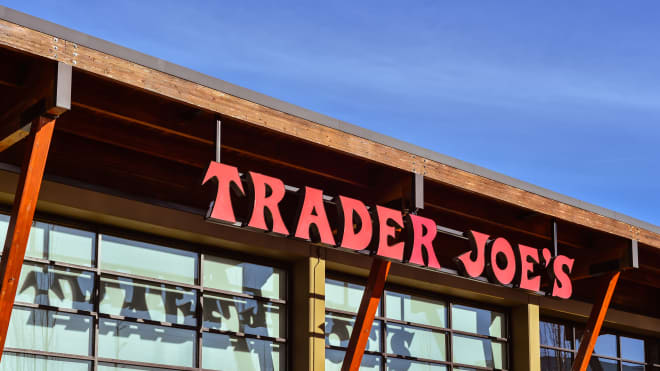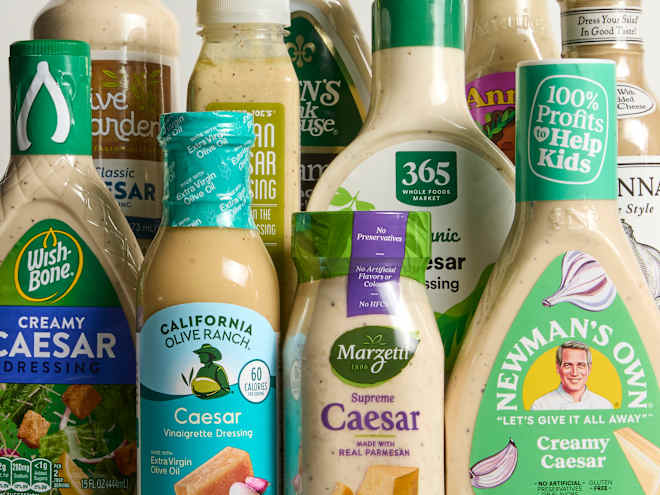Boycotting Frequent Flyer Programs Is Silly… Is That A Hot Take?
When a frequent flyer program has a devaluation, should it be boycotted? If so, for how long? And should that happen if most other frequent flyer programs are devaluing (or have recently devalued) as well? Y’all tell me…

When a frequent flyer program has a devaluation, should it be boycotted? If so, for how long? And should that happen if most other frequent flyer programs are devaluing (or have recently devalued) as well? Y’all tell me…
The argument for boycotting airline frequent flyer programs
Recently, avianca lifemiles’ program had a significant devaluation, both in terms of the number of miles required for many redemptions, plus an increasing amount of availability seemingly being blocked. I was one of the first to call out the lifemiles program for these changes, and did so in no uncertain terms.
Several days later, I wrote about the details of the program’s monthly promotion on buying miles. To be clear, I don’t get any sort of a kickback if you buy miles from the program, but instead, for years I’ve been consistently covering the promotions that are available, and readers can decide for themselves if a deal makes sense or not.
In the introduction section of that post, and in bold, I wrote the following:
Historically, I’ve found lifemiles to be one of the most useful frequent flyer programs for redeeming miles, thanks to the ability to redeem for long haul premium cabin Star Alliance awards. However, let me emphasize that the program recently devalued miles considerably, both increasing award costs, and seemingly blocking more award space. At the moment, I see fairly limited value with redemption options through the program.
Despite that caveat, several readers gave me a hard time about the post:
- “Why are you recommending the purchase of LifeMiles when you know they are essentially worthless now?”
- “You are kidding, right?”
- “In light of the most recent devaluation, it’s disappointing to see this post :/”
- “These caveats/CYAs don’t cut it considering the massive devaluation. You’re promoting a terrible deal, disclaimers or no disclaimers.”
- “Only a street corner pimp would try to sell this as good p***y. You are a fraud for posting this b***s**t program.”
- “Ben, I’ve learned a lot from your blog; and I have immense respect for you. I hope that you reconsider promoting LifeMiles again on here given the twin punch of the devaluation and blocking partner award availability. Caveats of buyer beware don’t justice under these circumstances.”
Readers are more than welcome to call me out for these things, so there’s no hard feelings with any of these comments. I hear you, though let me explain the other side of this, and why I have a different take (and again, I have zero financial upside from any readers buying miles from the program).
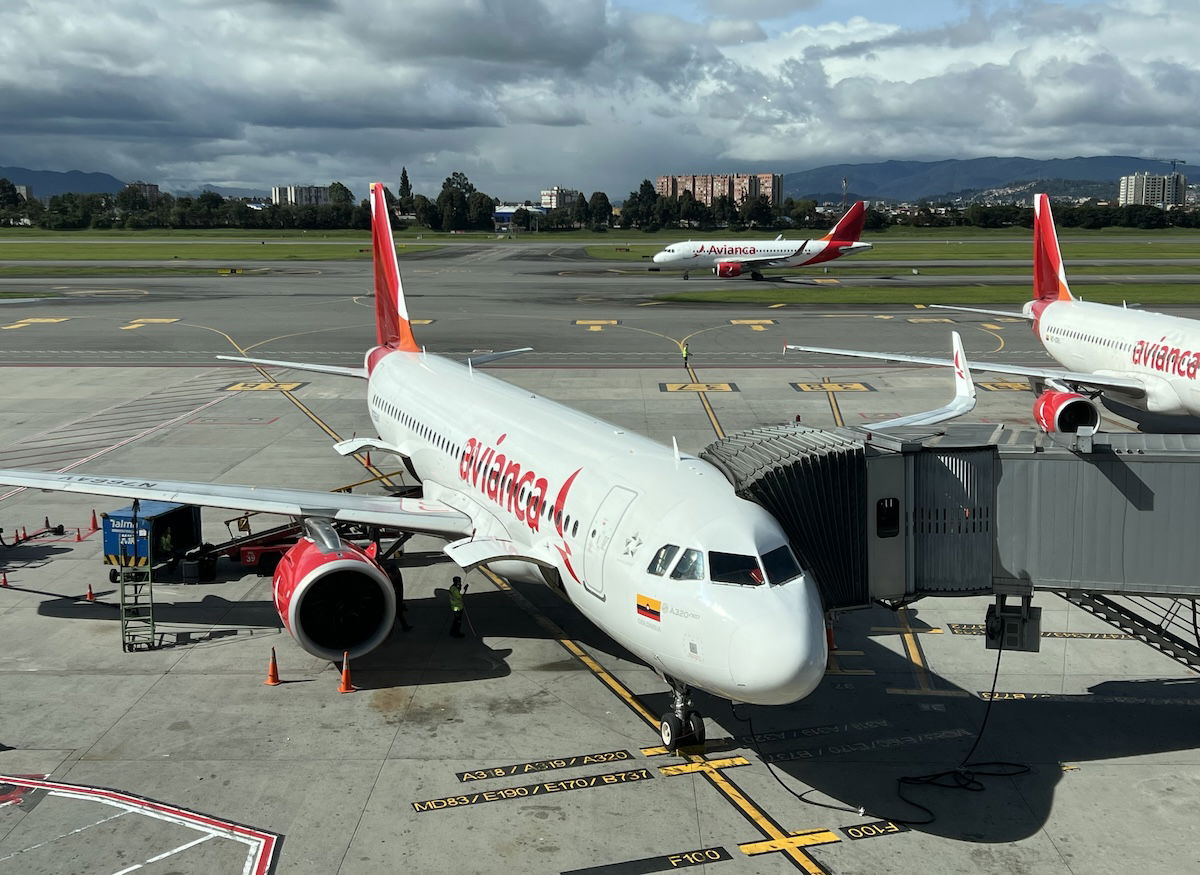
Why I cover deals even with programs that devalue
If you’ve read OMAAT for any amount of time, you’ve probably noticed me consistently make two points when it comes to earning and redeeming miles:
- You should always earn and burn, and not view miles as some sort of a long term investment
- You should only buy miles with a short term use in mind
Let’s be clear — when you buy miles & points from a program, it should be viewed as a transactional relationship. You’re not buying miles from the program because you absolutely adore it, or because you want to make a donation to the program. You’re buying miles (hopefully) because you have a short term use in mind for those miles, and you’re going to come out ahead.
Is the lifemiles program as valuable across the board as it was a couple of weeks ago? No. Are there still situations where buying lifemiles offers massively outsized value, and is the best option? Of course! For example, say someone want to fly from Sydney to Tokyo in ANA business class — this is actually an example a reader provided.
They can buy those miles from lifemiles for 1.27 cents each, and book the ticket for 50,000 miles. That’s like paying under $700 for a one-way business class ticket, including taxes and fees, and that’s amazing. As a point of comparison, a cash ticket would cost around $3,000.
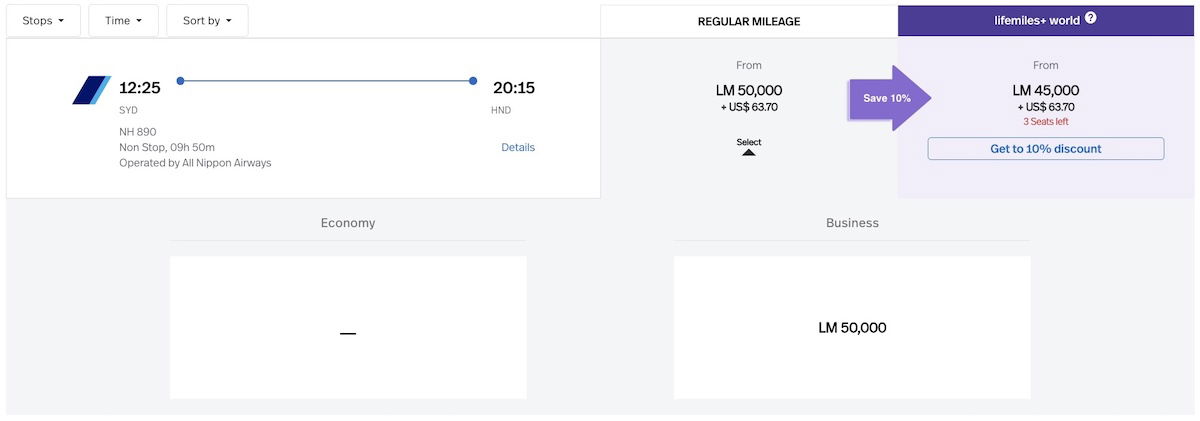
What should I recommend they do instead? Should I tell them to buy United MileagePlus miles for 1.88 cents each (the lowest price during a promotion), and then redeem 90,000 miles for that same ticket, just to spite lifemiles? Never mind the fact that MileagePlus has had several devaluations in recent times, which were much more extreme than lifemiles’.
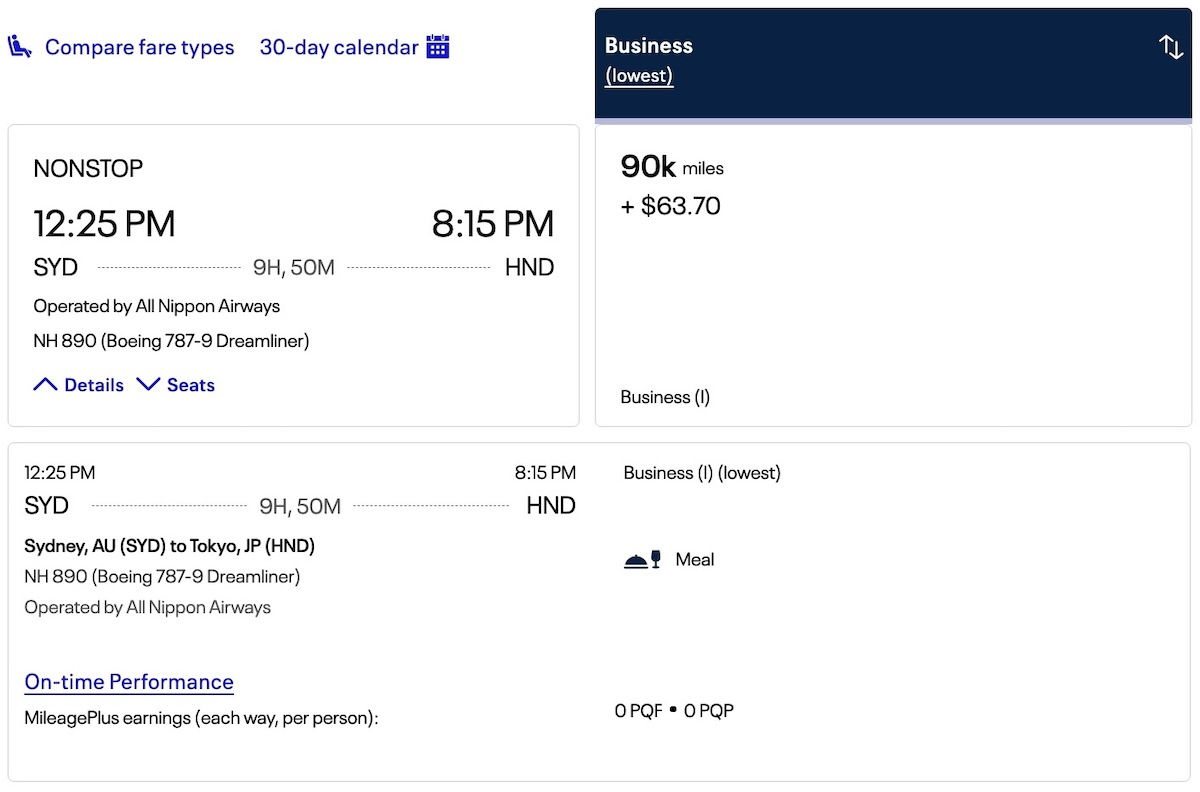
Or should I tell them to buy Air Canada Aeroplan points, when Aeroplan doesn’t even show this award availability, so doesn’t give you access to these awards?
If you ask me, we have to approach miles & points in a pragmatic way. When programs sell miles, we should view it in terms of the value those miles offer us now, and not in terms of the value the program will offer us years down the road.
Part of the reason that I cover deals on buying miles even after devaluations is because I think it makes sense for people to buy miles as close to when they can redeem as possible. Even post-devaluation, there are plenty of great uses of lifemiles. Most people won’t get as much value as before, and most people shouldn’t buy miles. But for those people who can get outsized value from miles, of course they should still take advantage of those deals.
When it comes to the business of selling miles, devaluations are nothing personal, as far as I’m concerned. There are lots of programs selling miles, and if a program devalues to the point of not being useful, it’s going to regret that, and see a drop in business. But I think that can happen organically.
A theoretical boycott primarily harms those people who could be getting good deals on redemptions, rather than the program. For that matter, I’d argue that in some ways, not writing about promotions after a devaluation would help the program — lifemiles (and other programs) always send out emails about sales on miles. Obviously that email won’t mention that the program has been devalued. Meanwhile if you read about it here (or elsewhere), you’ll at least have a heads up on that, if you would’ve missed it otherwise.

Bottom line
If people don’t want to buy miles from lifemiles or any other program that devalues, I totally get it. I’m not buying any miles at the moment either. However, that won’t stop me from covering promotions on buying miles. Why? Well, there’s still a lot of outsized value to be had, and people should always buy miles from the program that offers them the best value.
If you ask me, the most important thing with buying miles is to do so with a short term use in mind — buying miles isn’t a long term investment in your retirement portfolio, it’s a transactional decision. If you’re interested in a Star Alliance redemption this month, you should go with whichever program has the best value. If that’s lifemiles, you should use that, in my opinion, rather than spiting yourself, and paying more to use another program.
Besides, if we’re going to start boycotting certain programs, please do tell me which programs we’re not boycotting, which haven’t seen devaluations in some form or another.
Where do you stand on this topic?






























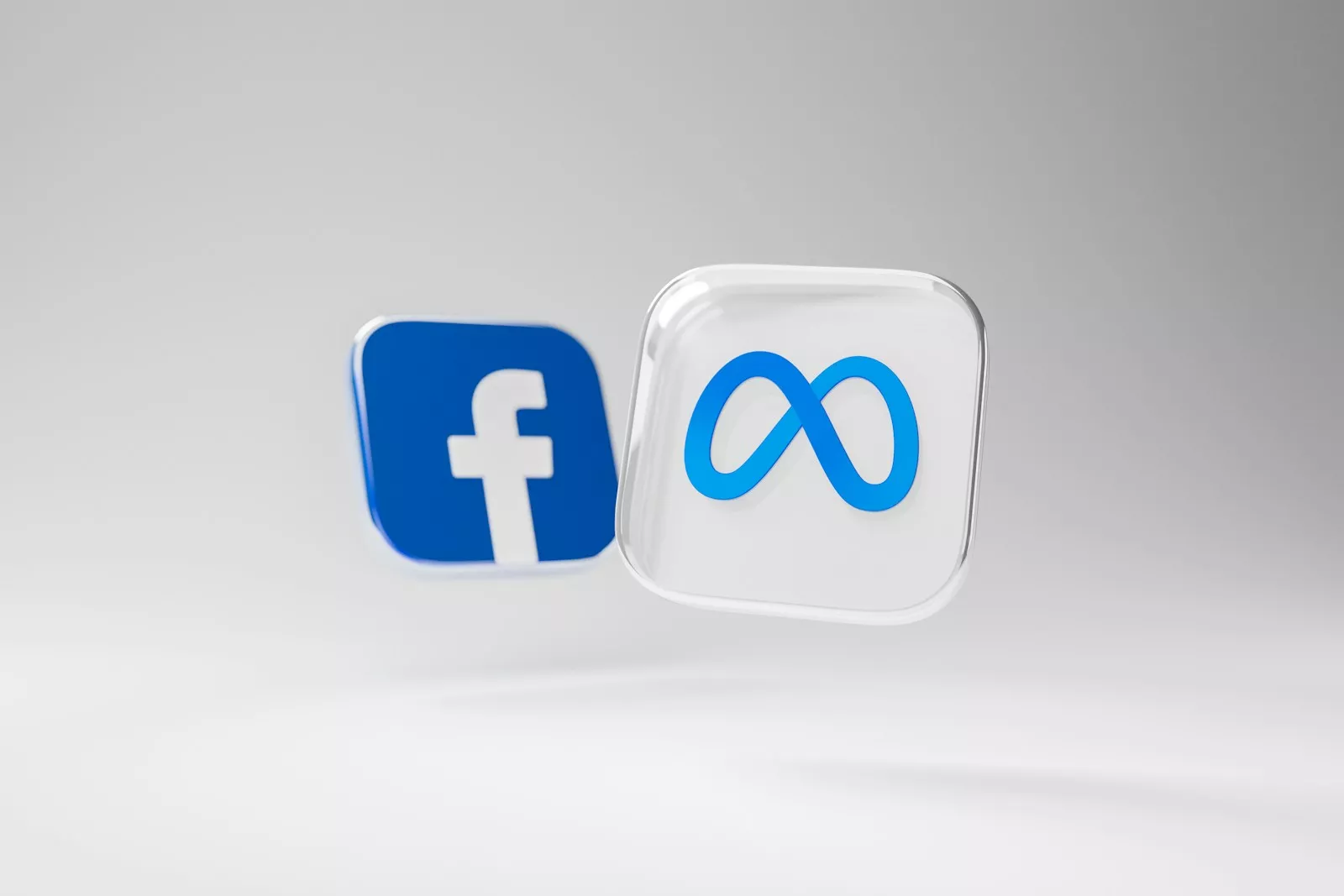





























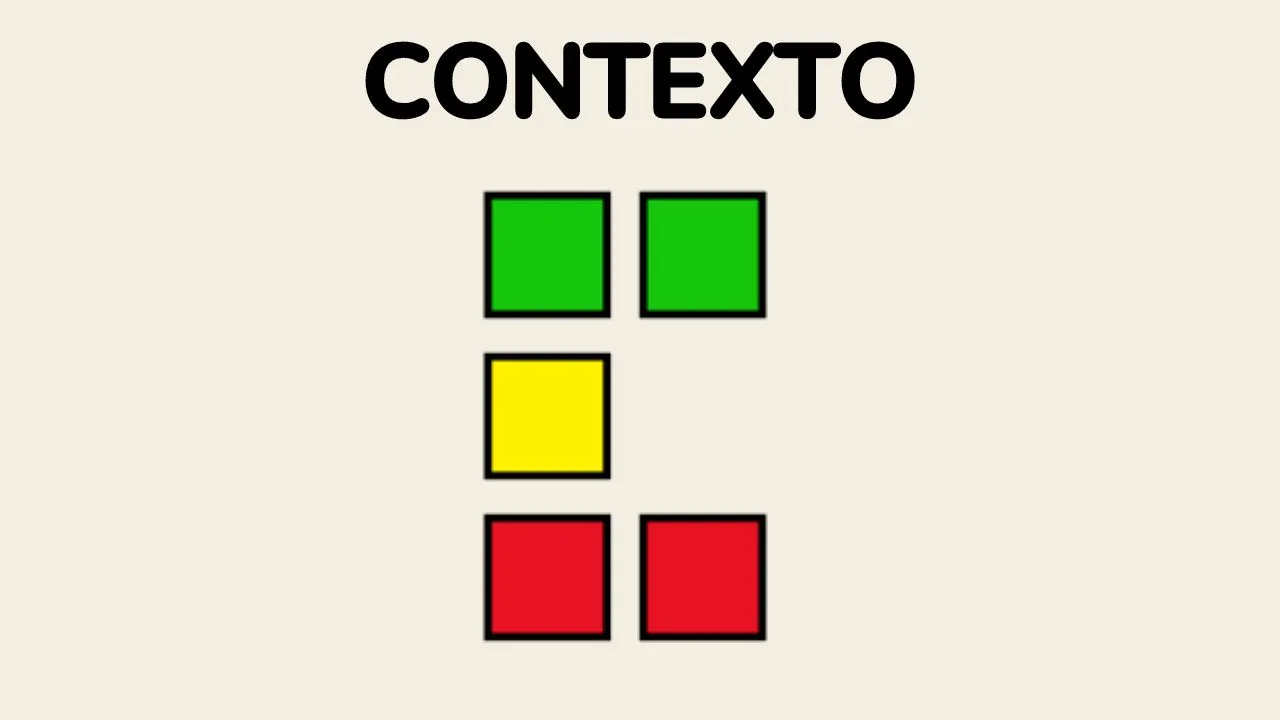





-Baldur’s-Gate-3-The-Final-Patch---An-Animated-Short-00-03-43.png?width=1920&height=1920&fit=bounds&quality=70&format=jpg&auto=webp#)






































